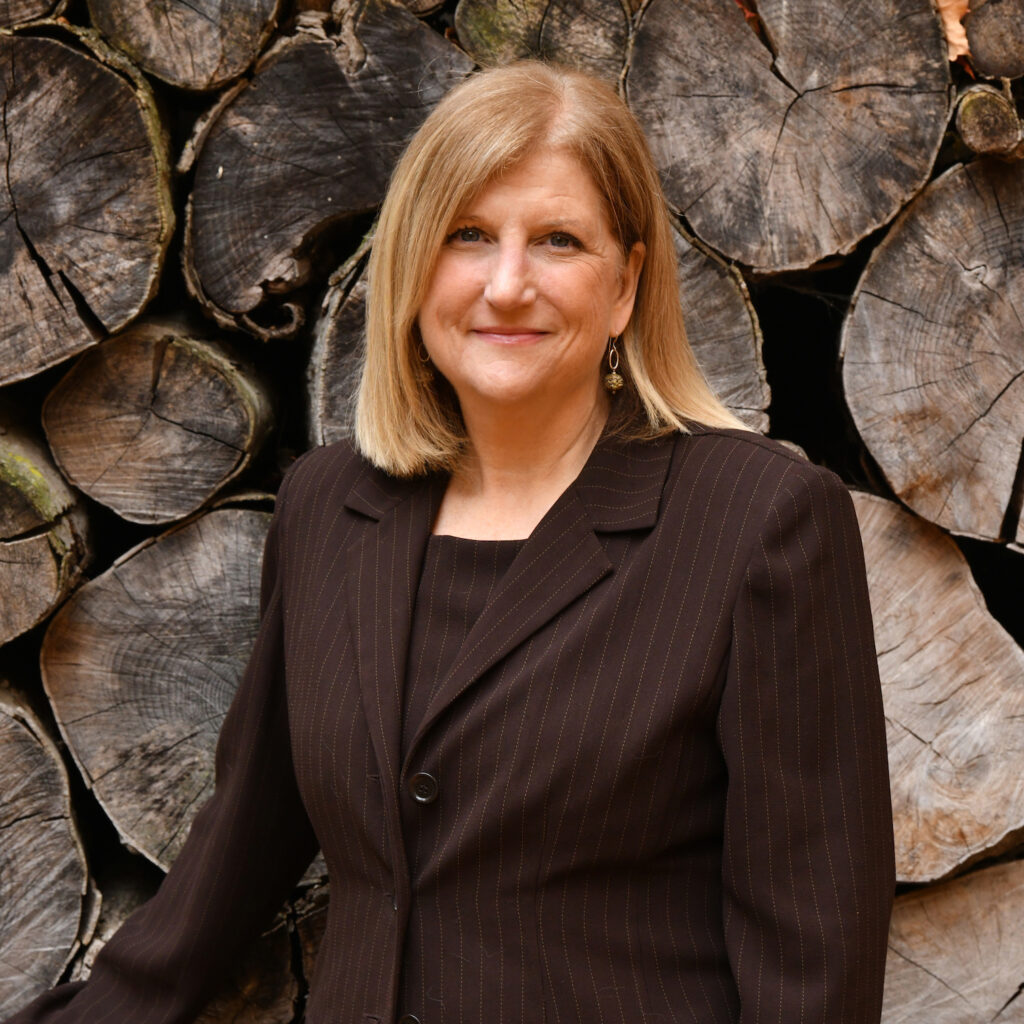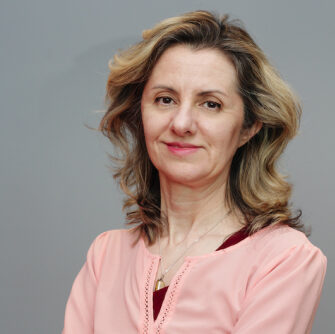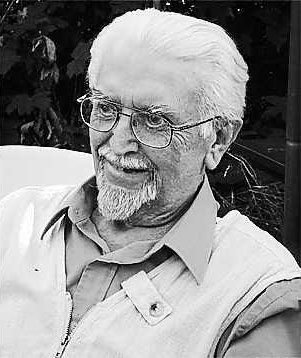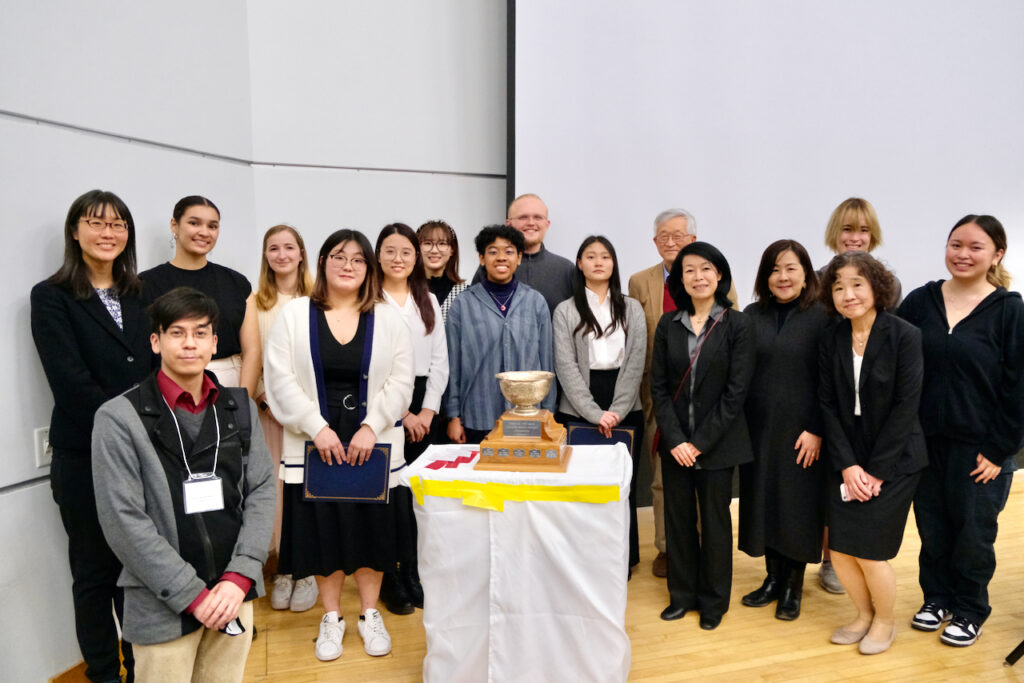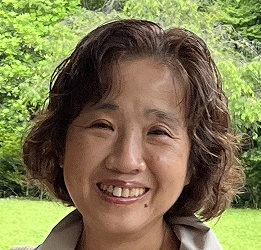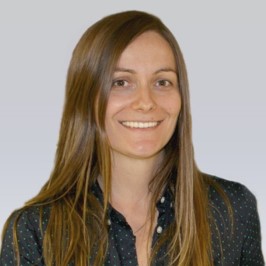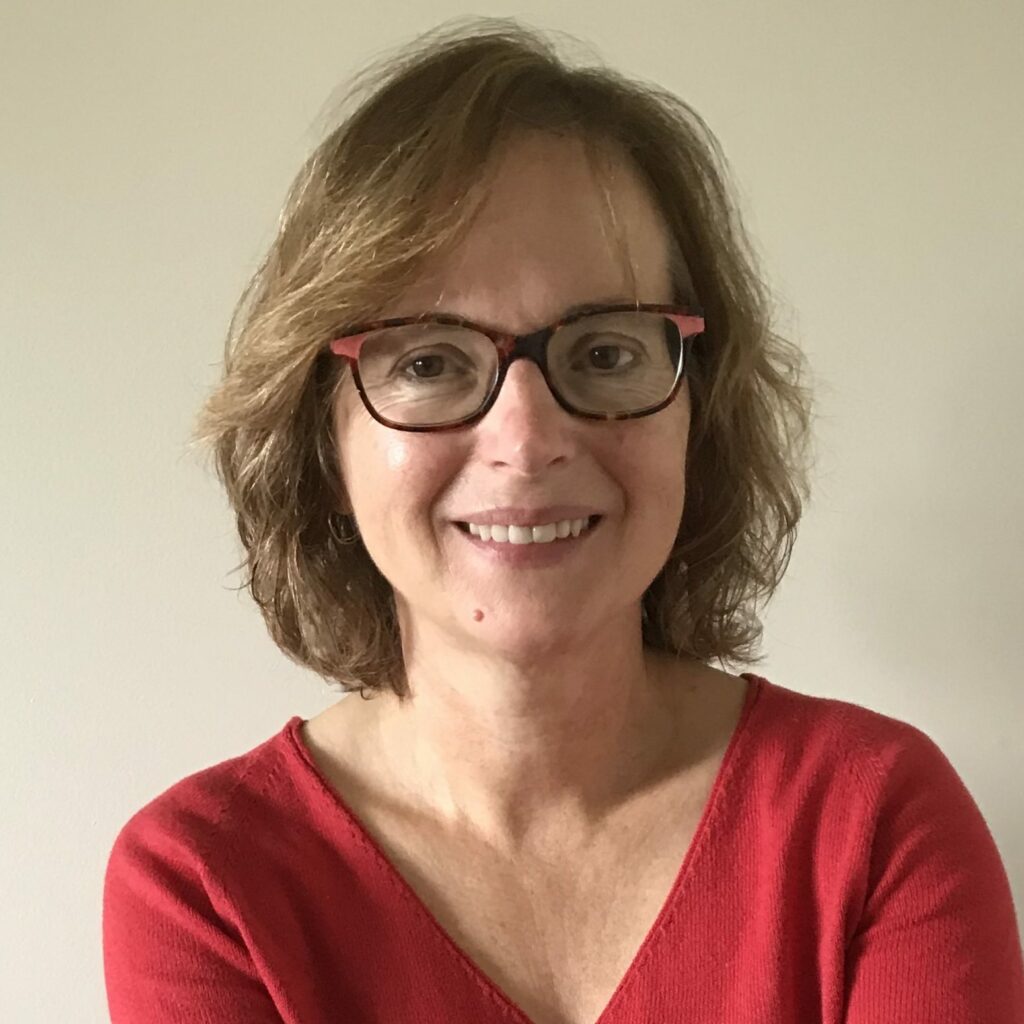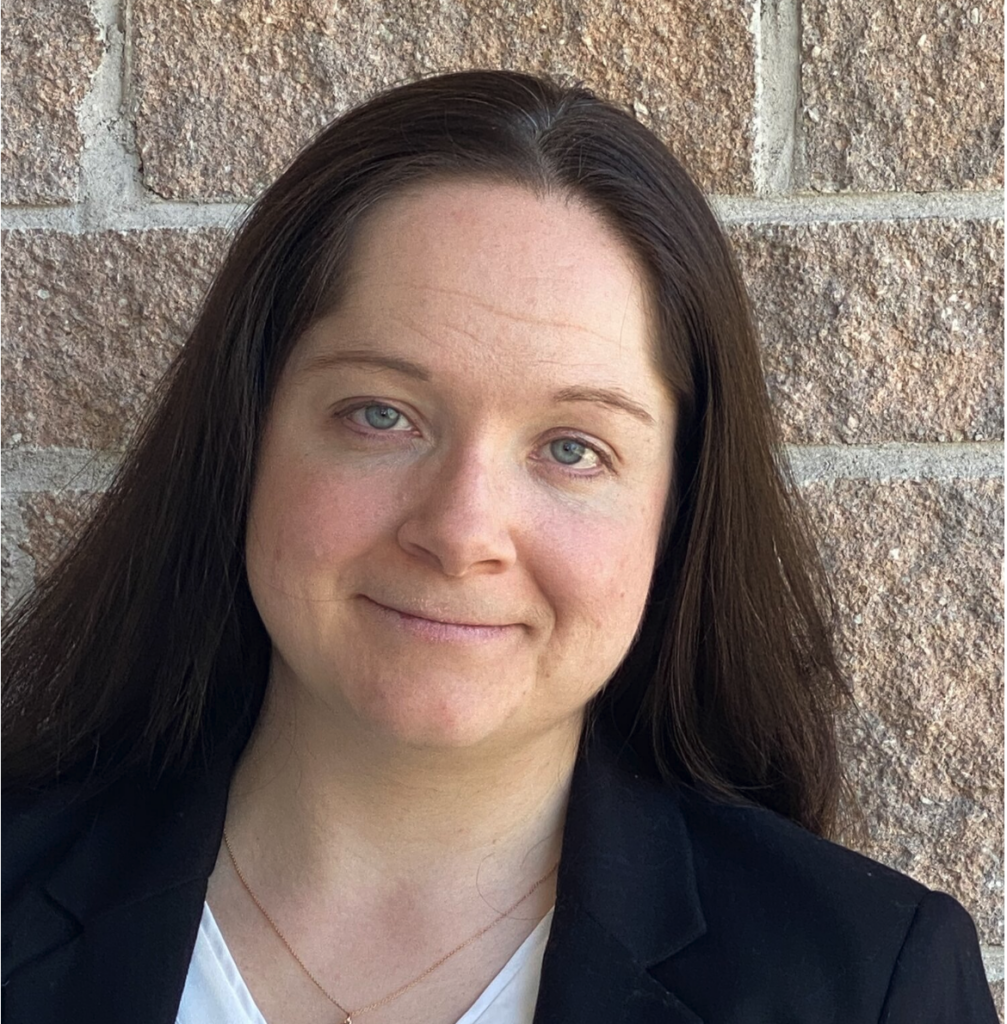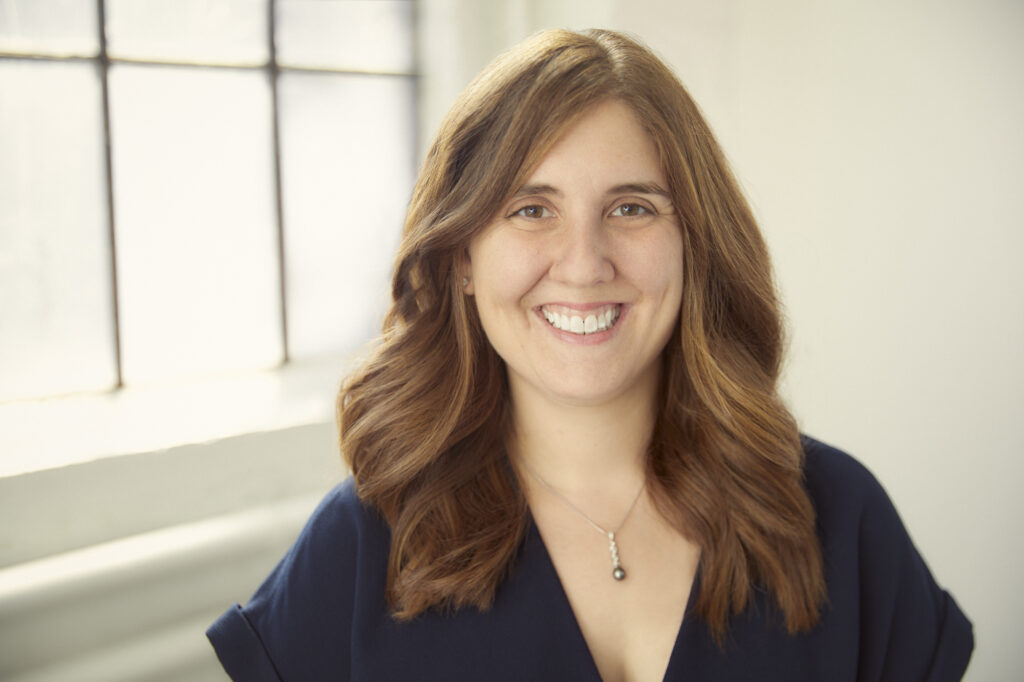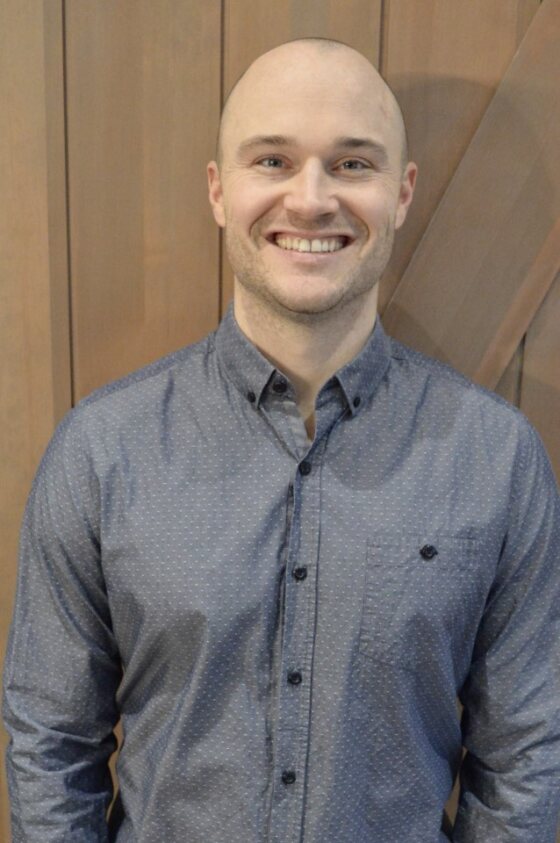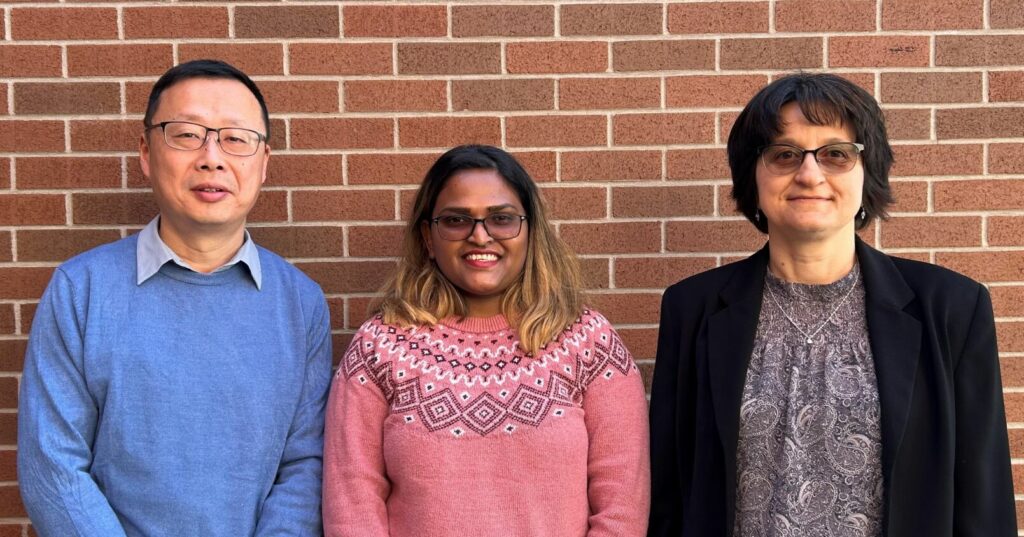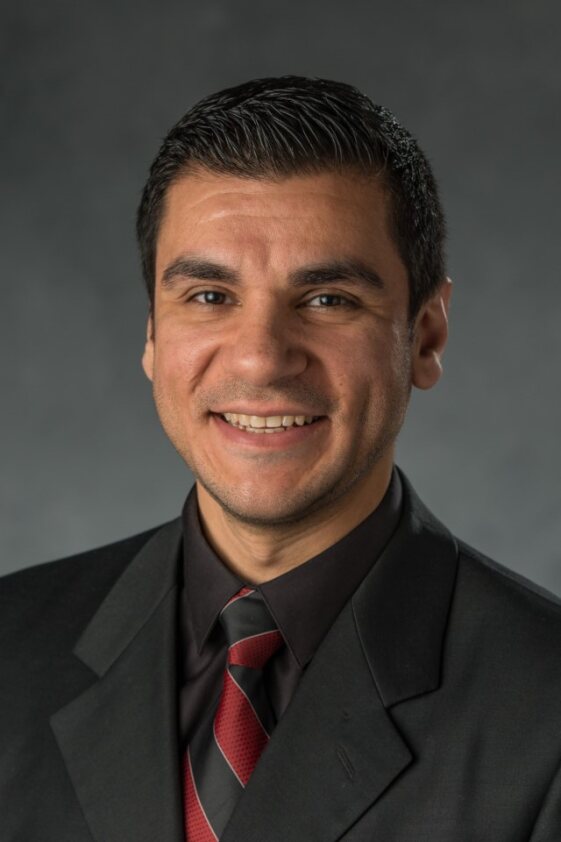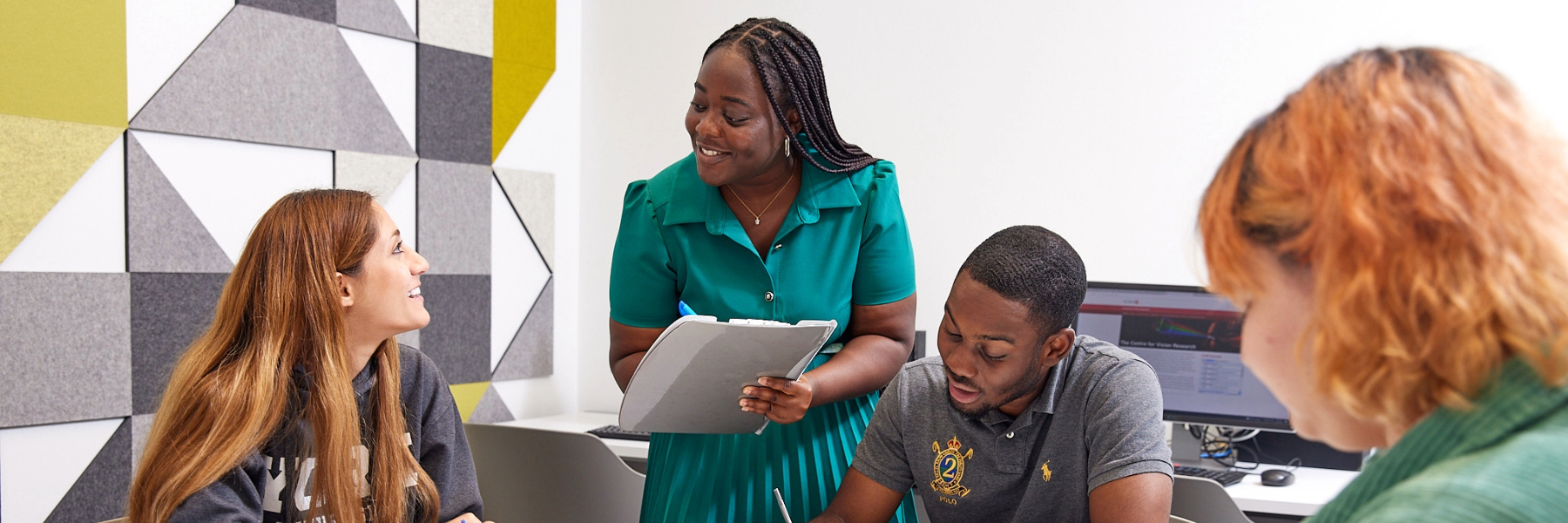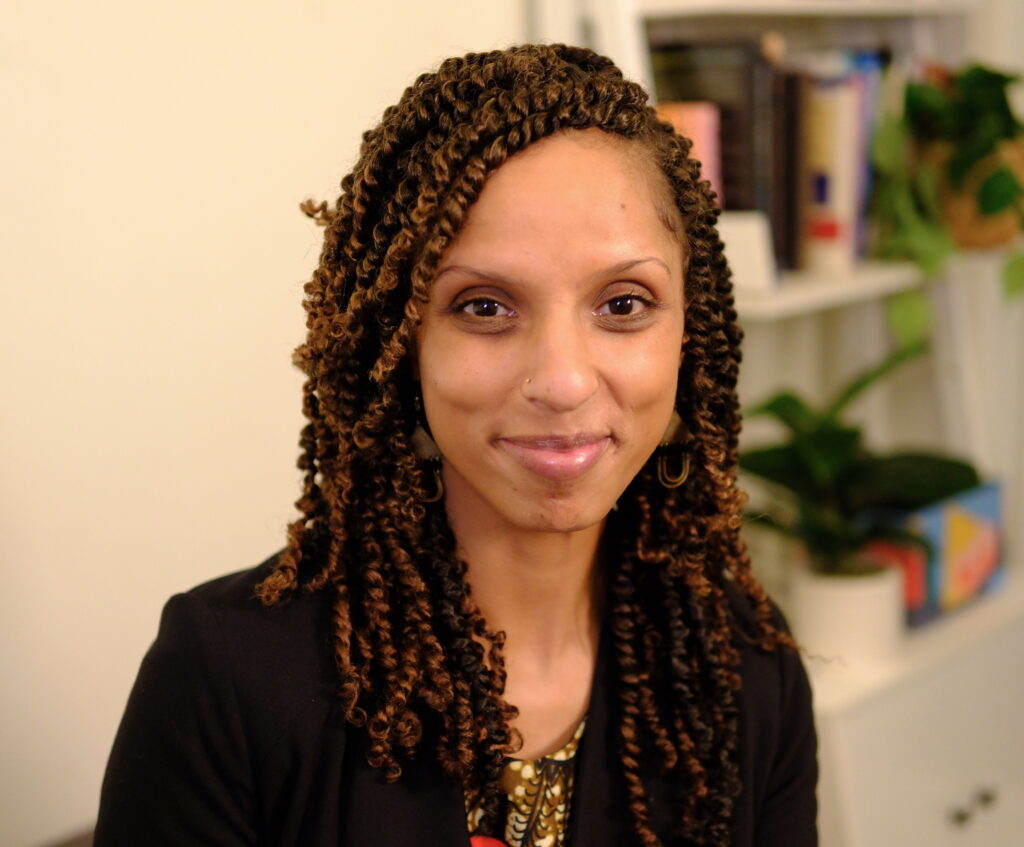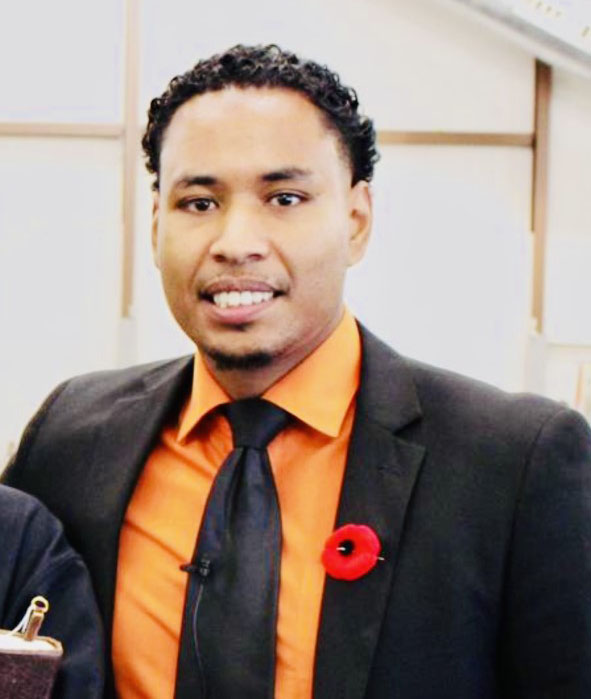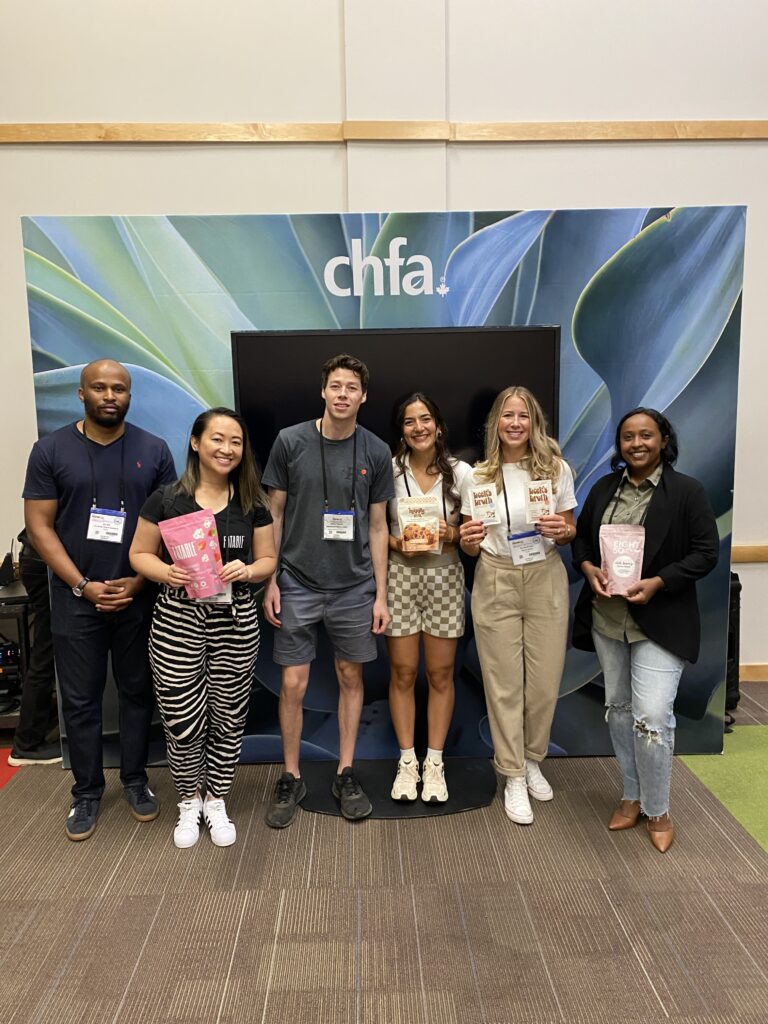Recognizing the pivotal role of adept project management in propelling strategic initiatives forward, in Fall 2021 the government of Nunavut set out to empower its workforce by partnering with York University’s Schulich Executive Education (Schulich ExecEd) to offer specialized professional development through the Masters Certificate in Project Management program.
To help meet the territory’s demand for skilled project managers within the public sector, the Schulich ExecEd program – which recently saw its third cohort of students graduate – allows participants to delve into various facets of project management, gaining the insights, tools and techniques essential for navigating complex projects successfully. From project planning and risk management to stakeholder engagement and resource allocation, participants emerge from the program equipped with a comprehensive skill set tailored to the unique challenges faced within the public sector.
“Our students in the third cohort of the program came from far and wide across this massive territory to learn how to manage projects of all types, spanning government policy, health care, technology, construction, engineering and more,” says David Barrett, national program director of the Masters Certificate in Project Management program. “It is a delight to work with our graduates at the end of our program, as they embrace a new set of tools, a new language and a new method of approaching all of their projects – regardless of size.”
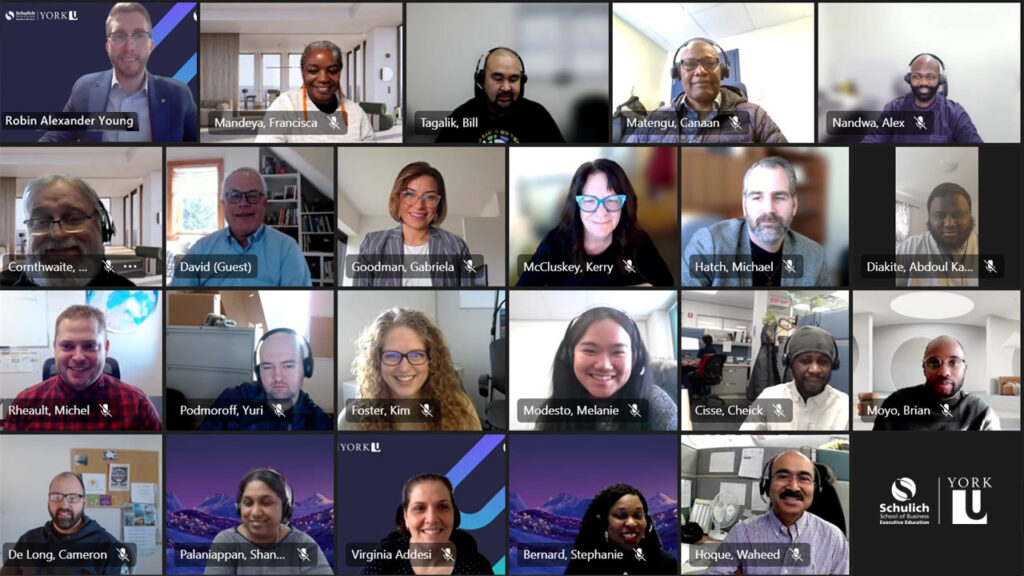
With over 100 employees from the government of Nunavut and affiliated organizations participating in the program since its inception, the initiative has had a profound impact on the territory’s workforce. From urban centres to remote communities, public servants have seized the opportunity to enhance their project management acumen, driven by a collective dedication to professional growth and service excellence.
“We are immensely proud of our enduring partnership with the government of Nunavut,” says Rami Mayer, executive director of Schulich ExecEd. “This collaboration stands as a testament to our shared commitment to empowering public servants with the essential tools and knowledge needed to navigate the complexities of project management within the public sector.”
Beyond mere skill development, Mayer says this partnership is about fostering a culture of innovation in the territory and planting the seeds for a new generation of professionals.
“We recognize the profound impact of efficient project management on the lives of the Indigenous peoples of Nunavut,” says Mayer. “Enhanced project management skills enable the government of Nunavut to execute initiatives that directly benefit the Indigenous community – from infrastructure projects to health-care initiatives and cultural preservation efforts.”
In providing these professional development opportunities, Schulich ExecEd and the government of Nunavut are not only building a more efficient public sector but also fostering a stronger, more resilient Indigenous community. And they are committed to continuing to do so – together.




